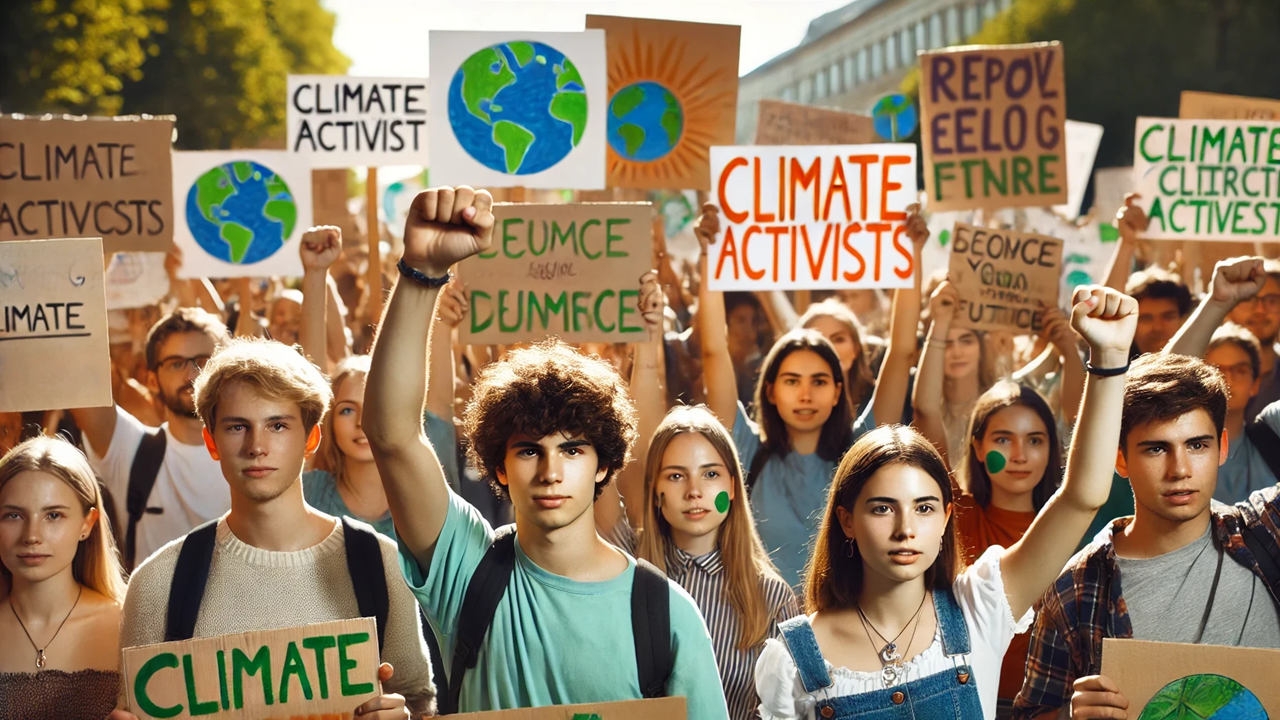UN Expert Warns Weakening of Environmental Impact Assessments Threatens Rights
“Environmental impact assessments are mandatory under customary international law,” Puentes Riaño said, citing the International Court of Justice, which has reaffirmed this obligation.

Introduction: Ignoring Environmental Assessments Endangers People and Planet
The global rush for economic growth and foreign investment is leading to a dangerous erosion of environmental safeguards, warned Astrid Puentes Riaño, the UN Special Rapporteur on the human right to a clean, healthy, and sustainable environment, in her latest report to the UN General Assembly.
She cautioned that Environmental Impact Assessments (EIAs)—a cornerstone of environmental protection and human rights—are being ignored, weakened, or bypassed in many countries under the pretext of cutting "red tape." Far from accelerating progress, this approach is leading to irreversible damage to ecosystems, worsening inequality, and triggering violations of fundamental human rights.
"Environmental impact assessments are mandatory under customary international law," Puentes Riaño said, citing the International Court of Justice, which has reaffirmed this obligation. "They are a fundamental mechanism for preventing serious environmental, social, and human rights harms before projects begin."
The Essential Role of Environmental Impact Assessments
Environmental Impact Assessments are one of the most effective tools governments have to anticipate and prevent environmental harm. They require States and developers to assess, before approval, the potential impacts of projects on air, water, soil, ecosystems, and human health, and to ensure mitigation measures are in place.
The Special Rapporteur emphasized that EIAs are not bureaucratic hurdles, but essential safeguards that uphold the principles of prevention, precaution, and accountability—principles at the heart of international environmental and human rights law.
In a world confronting the triple planetary crisis—climate change, biodiversity loss, and pollution—Puentes Riaño warned that weakening assessment standards could prove catastrophic. "Amid these escalating crises, it is imperative that all potentially harmful activities be evaluated early, before they begin," she said.
Erosion of Safeguards in the Name of Development
The report reveals a troubling global trend: governments are diluting, bypassing, or fragmenting environmental assessments in sectors such as infrastructure, mining, agriculture, and energy—including renewable energy projects.
In some cases, large projects are split into smaller components to evade comprehensive evaluation; in others, entire sectors are granted exemptions on the basis of "public interest" or economic urgency. The outcome, Puentes Riaño warned, is a surge in unregulated development, often with severe consequences for people and nature.
"Exempting projects on economic or public interest grounds is having the opposite effect," she said. "Instead of attracting sustainable investment, it leads to costly environmental disasters and human rights violations that could have been avoided."
The report cites multiple examples from around the world—mining projects contaminating rivers, energy plants destroying wildlife habitats, and large-scale infrastructure developments displacing communities—all of which lacked proper environmental assessment or ignored scientific findings.
Human Rights at the Core of Environmental Governance
Puentes Riaño's report underscores that environmental impact assessments are not purely technical instruments—they are human rights tools.
She emphasized that assessments must include social and human rights dimensions, covering the full scope of the right to a clean, healthy, and sustainable environment, including climate, biodiversity, and clean air.
To be effective, assessments should:
-
Be independent, science-based, and transparent;
-
Guarantee public participation and access to information;
-
Include human rights experts and gender-sensitive approaches;
-
Prioritize the voices and protection of marginalized groups; and
-
Ensure access to justice and remedy for those harmed.
"Properly conducted environmental assessments empower communities and prevent inequality," she said. "They are vital for democracy, environmental justice, and the rule of law."
Communities at Risk: Inequality and Environmental Injustice
The weakening of environmental assessments disproportionately harms marginalized and vulnerable populations, including Indigenous Peoples, women, children, persons of African descent, and rural and coastal communities.
These groups are often the first to experience the devastating effects of poorly planned projects—contaminated water, deforestation, air pollution, and forced displacement. "They bear the greatest burden of environmental harm and climate change while benefiting the least from economic gains," Puentes Riaño noted.
Environmental defenders, who frequently speak out against harmful projects, face harassment, criminalization, and even violence. The absence of strong assessment processes often removes early warning systems that could prevent such conflicts.
The Path Forward: Strengthening, Not Weakening, Assessments
The UN expert called on governments to strengthen legal and institutional frameworks governing environmental and social impact assessments rather than deregulate them. She urged States to ensure assessments are comprehensive, participatory, and enforceable, covering both direct and cumulative impacts.
"Instead of further exemptions or deregulation, it is essential that States reinforce environmental, social, and human rights impact assessments to ensure decisions are science-based and truly serve the public interest," she said.
Puentes Riaño also emphasized the importance of transparency and accountability, urging governments to make assessment results public, ensure monitoring of compliance, and impose meaningful sanctions on violators. International financial institutions and corporations, she added, must align with these principles and not exploit regulatory loopholes.
Prevention as the Foundation of Human Rights and Sustainability
At a time when the world faces escalating ecological breakdowns, Astrid Puentes Riaño's message is clear: prevention must come before profit. Environmental impact assessments are not obstacles to progress—they are the foundation of responsible governance, sustainable development, and human dignity.
Ignoring them, she warned, is short-sighted and self-destructive. "The true cost of deregulation is measured in lives lost, ecosystems destroyed, and communities uprooted," she said.
To achieve a sustainable and equitable future, governments must restore integrity, participation, and accountability to environmental decision-making—placing human rights and environmental protection at the heart of every project.









